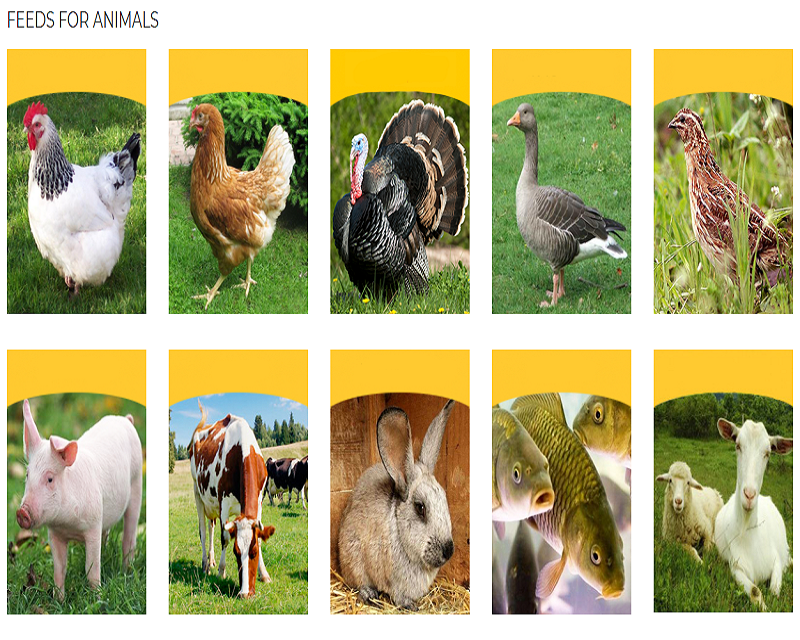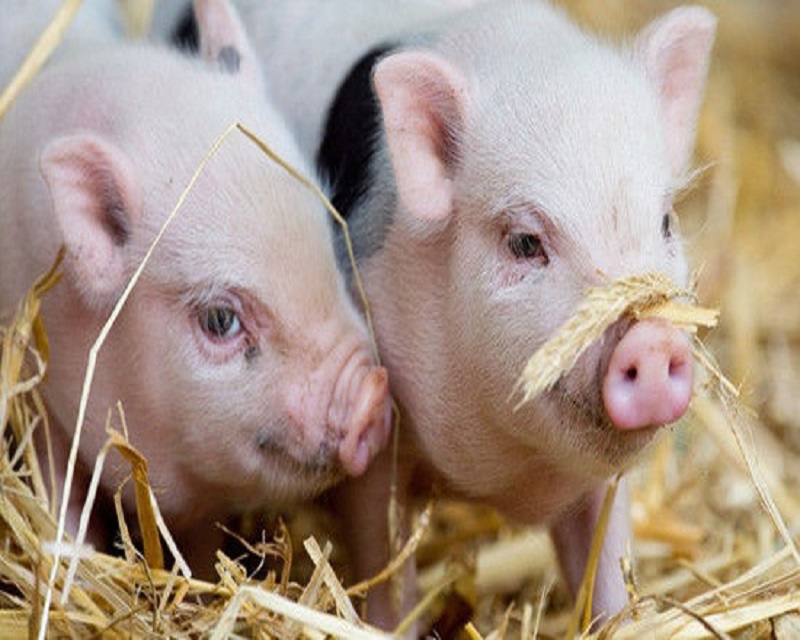Often mistaken for a vitamin, betaine is neither a vitamin nor even an essential nutrient. However, under certain conditions, the addition of betaine to the feed formula can bring considerable benefits.
Betaine is a natural compound found in most living organisms. Wheat and sugar beets are two common plants that contain high levels of betaine. Pure betaine is considered safe when used within allowable limits. Because betaine has certain functional properties and can become an essential nutrient (or additive) under certain conditions, pure betaine is increasingly being added to pig and poultry diets. However, for optimal use, it is important to know how much betaine to add is optimal.
1. Betaine in the body
In most cases, animals are able to synthesize betaine to meet their own body's needs. The way betaine is synthesized is known as the oxidation of vitamin choline. Adding pure betaine to feed has been shown to save expensive choline. As a methyl donor, betaine can also replace the expensive methionine. Therefore, adding betaine to feed can reduce the need for methionine and choline.
Betaine can also be used as an anti-fatty liver agent. In some studies, carcass fat deposition in growing pigs was reduced by 15% by adding only 0.125% betaine to the feed. Finally, betaine has been shown to improve the digestibility of nutrients because it provides osmoprotection to gut bacteria, resulting in a more stable gastrointestinal environment. Of course, the most important role of betaine is to prevent cell dehydration, but this is often taken for granted and overlooked.
2. Betaine prevents dehydration
Betaine can be consumed in excess in times of dehydration, not by using its function as a methyl donor, but by using betaine to regulate cellular hydration. In a state of heat stress, cells respond by accumulating inorganic ions, such as sodium, potassium, chloride, and organic osmotic agents such as betaine. In this case, betaine is the most potent compound since it has no negative effect of causing protein destabilization. As an osmotic regulator, betaine can protect the kidneys from the harm of high concentrations of electrolytes and urea, improve the function of macrophages, regulate the water balance in the intestine, prevent premature cell death, and Embryos survive to some extent.
From a practical point of view, it has been reported that the addition of betaine to the feed can prevent the atrophy of the intestinal villi and increase the activity of proteolytic enzymes, thereby promoting the intestinal health of weaned piglets. A similar function has also been shown to improve gut health by adding betaine to poultry feed when poultry is suffering from coccidiosis.
3. Consider the problem
The addition of pure betaine to the diet can slightly improve the digestibility of nutrients, promote growth and improve feed conversion. In addition, adding betaine to poultry feed may result in decreased carcass fat and increased breast meat. Of course, the exact effect of the above functions is highly variable. Furthermore, under practical conditions, betaine has an acceptable relative bioavailability of 60% compared to methionine. In other words, 1 kg of betaine can replace the addition of 0.6 kg of methionine. As for choline, it is estimated that betaine can replace about 50% of choline additions in broiler feeds and 100% of choline additions in laying hen feeds.
Animals that are dehydrated benefit the most from betaine, which can be of great help. This includes: heat-stressed animals, especially broilers in summer; lactating sows, which almost always drink insufficient water for consumption; all animals that drink brine. For all animal species that have been identified to benefit from betaine, preferably no more than 1 kg of betaine is added per ton of complete feed. If the recommended addition amount is exceeded, there will be a decrease in efficiency as the dose increases
Post time: Aug-23-2022







